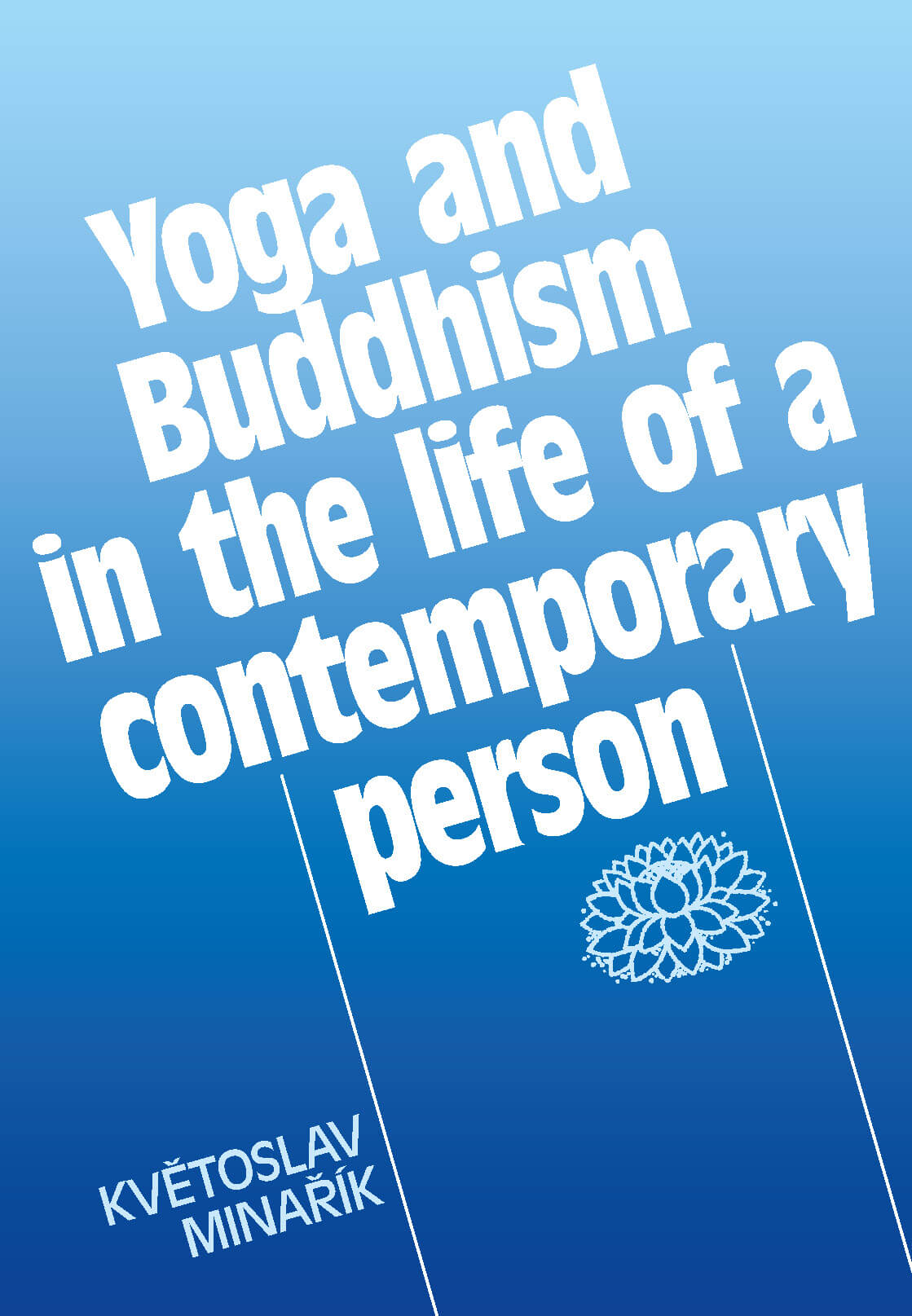
Yoga and Buddhism in the life of a contemporary person
The theme of this book is Yoga and Buddhism as a way of life. It is a small selection of texts that Květoslav Minařík wrote during three decades as answers to the questions and problems of those interested in the spiritual life and spiritual teachings.
Excerpt:
Those who constantly strictly adhere to the commandments of yama and niyama, will achieve a transformation of the qualities of the natural emotional states. They will qualitatively advance in the order of creation, rise above the sphere of beings who are suffering and unhappy into the sphere of beings living harmoniously. Then they will even cross the boundary of the physically limited beings and reach the sphere of the supersensory existence. By that, they will prove for themselves, that they can and have to solve the problem of an unhappy life only by putting the transformation, or change of thought and feeling, into practice. They will realise that, by the constant moral purification and hygiene understood in the sense of niyama, they are raising themselves among gods, into the sphere of pure and blissful experiencing, to the place where their intuition itself suggests to them an idea of the highest happiness. ...
... Yoga for everyone therefore, seemingly begins from the end: we will not sit in a position to become happy and to outshine our social environment. We are going to learn how to be happy, in order to be able to sit still and thus create conditions to be able to, of our own will, enter the transcendental world, which however has to be understood in a different way than until now.
Thus, we are supposed to learn to be happy! Is it important at all and does it really belong to yoga? In the esoteric part of the teaching about yoga, we may learn that a horrific danger of the mystical heights can be neutralised by an appropriate level of optimism and joyfulness. Some writer of the so-called occult novels has written that if people laughed more, there would be fewer wars. Through this quote, we are already finding ourselves on our ground, on the earth, in the everyday life, the problems of which we will solve aptly by this “small” yoga, too.
Its principle is very simple. We can feel happy or unhappy without an external reason, only by the power of our own will. The possibility of this is indirectly confirmed, for example by a well known fact that, when someone has some sorrow, they forget about it, if their attention is caught by something else. Based on this very piece of knowledge, a system can be created. By the power of our will, we can turn our attention away from the situations which brought us to suffering, and simply change the whole situation by fastening our attention upon things that evoke good feelings in us. ...